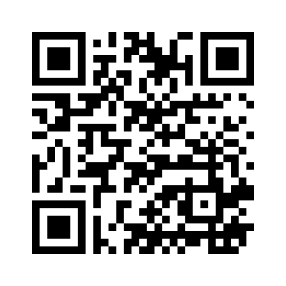Dreams captivate us with their mystery, offering a glimpse into the profound depths of human culture and history. This exploration into dreams reveals how different cultures have interpreted these nightly visions, providing insight into the human condition and our quest for understanding.
Deciphering Divine Messages in Ancient Civilizations
Ancient Egyptians saw dreams as gods’ messages, consulting dream books to interpret these omens. Similarly, Mesopotamians regarded dreams as prophetic, relying on interpreters for guidance.
Exploring Greek and Roman Dream Interpretations
Greeks and Romans believed dreams were communications from gods or the deceased, with the Oracle of Delphi receiving visions through dreams. They classified dreams into categories for direct advice, interpretation, or nonsensical content.
Indigenous Cultures: Spiritual Journeys in Dreams
Indigenous cultures, like Native Americans, integrate dreams into their spiritual and social lives. Dream catchers symbolize the significance of dreams in protecting the sleeper from negative visions.
Eastern Philosophies: The Inner Self and Dreams
In Hinduism and Buddhism, dreams reflect the dreamer’s inner self and potential future events, serving as a means to divine understanding and reflecting the dreamer’s mental state.
The Modern Era: Freud and Jung’s Contributions
The works of Freud and Jung brought dreams into modern discourse, with Freud viewing dreams as expressions of repressed desires and Jung seeing them as windows into the collective unconscious.
Continuing the Cultural Odyssey
The study of dreams evolves with neuroscience and psychology offering new insights. Yet, cultural interpretations remain diverse, showcasing humanity’s quest for meaning.








